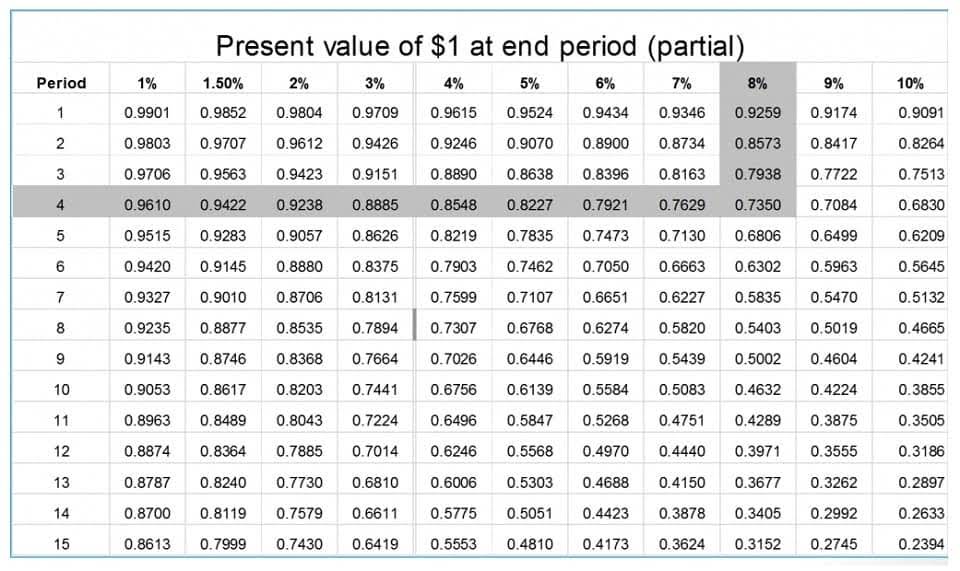
With decades of oil and gas industry experience, we work with you to build a customized plan to meet your business needs and maximize profits. Baker Tilly understands the life cycle of businesses in the oil and gas sector — from inception to growth to acquisition and maintenance. Our team can assist with all aspects of a company’s financial, tax and technology life cycle. During an evolving energy landscape, traditional oil and gas enterprises continue to be pivotal to both the U.S. and global economies.
- The issue is so complex, that following is an accounting of the timeline and changes.
- Ramp helps oil and gas businesses achieve this by automating routine accounting tasks, offering real-time data syncing, and enabling easy integration.
- You can count on us to pay your employees on time, prepare 1099s and submit all your payroll tax filings.
- If third-party integrations or a shared reporting repository are needed, form a new, technically focused integration team to identify the best integration approach.
- Optimize strategic decision-making based on accurate global financial information.
Financial Reporting and Transparency

Oil and gas accounting involves specific tax considerations and compliance requirements. Companies must navigate various tax regimes and incentives designed to promote resource extraction while ensuring environmental protection. Specialized accounting practices help manage these obligations efficiently, thereby supporting strategic decision-making and long-term planning.

Individual Income Tax Planning & Compliance

Tailoring reports to specific roles, analyzing historical data in oil and gas accounting depth, and tracking industry-specific KPIs enable organizations to gain insights, optimize operations and enhance their financial performance. Next, it is important to outline and prioritize objectives by categorizing key business objectives as ‘must have,’ ‘high priority,’ or ‘desirable. Once the objectives are established, the implementation team can better prepare the detailed timeline and project plan.
CFO and Controller Services
Accurate JIB statements are essential for maintaining transparency and trust among joint venture partners. Companies often Accounting Periods and Methods employ specialized software like Quorum Joint Venture Accounting or P2 BOLO to manage these complex transactions, ensuring that all parties receive timely and accurate financial information. The oil and gas industry operates within a complex financial framework, where precise accounting practices are essential for accurate reporting and decision-making. Specialized Production Entity (SPE) accounting ensures companies maintain transparency and compliance with regulatory standards, addressing the unique financial challenges faced by companies in this sector. One of the primary considerations in joint venture accounting is the method of accounting to be used.
- No matter where you call home, we provide oil and gas accounting to clients across the United States.
- Most major E&P companies implement the Successful Efforts (SE) method due to the transparency it provides.
- Taxation in the oil and gas sector is a multifaceted issue that significantly influences the financial health of companies operating within this industry.
- Our collaboration reduces your manual workload and enhances daily efficiencies by implementing real-time reporting, easy-to-use dashboards and automated processes.
Today, oil and gas accounting remains a specialized field, requiring a deep understanding of both the industry’s operational dynamics and the regulatory landscape. Leveraging our deep industry knowledge and advanced accounting practices, we provide accurate oil and gas financial reporting, helping you navigate sector complexities with confidence. Oil and gas accounting is specialized, focusing on the unique financial intricacies of the energy sector, such as revenue tracking and tax compliance within exploration, extraction, and distribution processes. Efficient cost management is crucial for oil and gas companies to remain competitive. Accountants analyze operating expenses, capital expenditures, and production costs to identify opportunities for cost optimization and improved efficiency.


Depreciation and amortization, on the other hand, apply to tangible and intangible assets, respectively. Depreciation involves the systematic allocation of the cost of physical assets, such as drilling rigs and production facilities, over their Bookkeeping for Etsy Sellers useful lives. Amortization deals with intangible assets like leasehold rights and geological data. Both processes ensure that the costs of these assets are matched with the revenues they generate, providing a more accurate picture of a company’s financial performance.
- A longer conversion period often means higher costs, as resources need to be allocated for a more extended period.
- Each party’s share of revenue must be accurately reported based on their ownership interest and the specific terms of the joint operating agreement.
- It provides guidance on the recognition criteria, measurement, and disclosure of revenue in financial statements.
- The oil and gas industry presents distinctive challenges, including volatility in commodity prices, regulatory changes, and complex production processes.
- Finance and operations managers are typically the primary users, while IT departments or third-party consultants handle the implementation.
Energy
This can vary depending on whether the sale is made at the wellhead, at a processing facility, or at the point of delivery. For instance, in a wellhead sale, revenue is typically recognized when the oil or gas is extracted and sold directly at the site. Conversely, if the sale occurs at a processing facility, revenue is recognized once the product has been processed and delivered to the buyer.
Each partner’s share of revenue must be accurately calculated and reported, taking into account the specific terms of the joint venture agreement. This often involves detailed tracking of costs, production volumes, and sales proceeds, ensuring that each party receives its fair share of the revenue. One of the unique aspects of taxation in this sector is the concept of “ring-fencing,” where the tax liabilities of a company’s oil and gas operations are isolated from its other business activities. This prevents companies from offsetting losses in other sectors against profits from oil and gas operations, thereby ensuring that the government captures a fair share of the resource rents. Additionally, many jurisdictions offer tax incentives to encourage exploration and development, such as accelerated depreciation, investment tax credits, and deductions for intangible drilling costs.
















